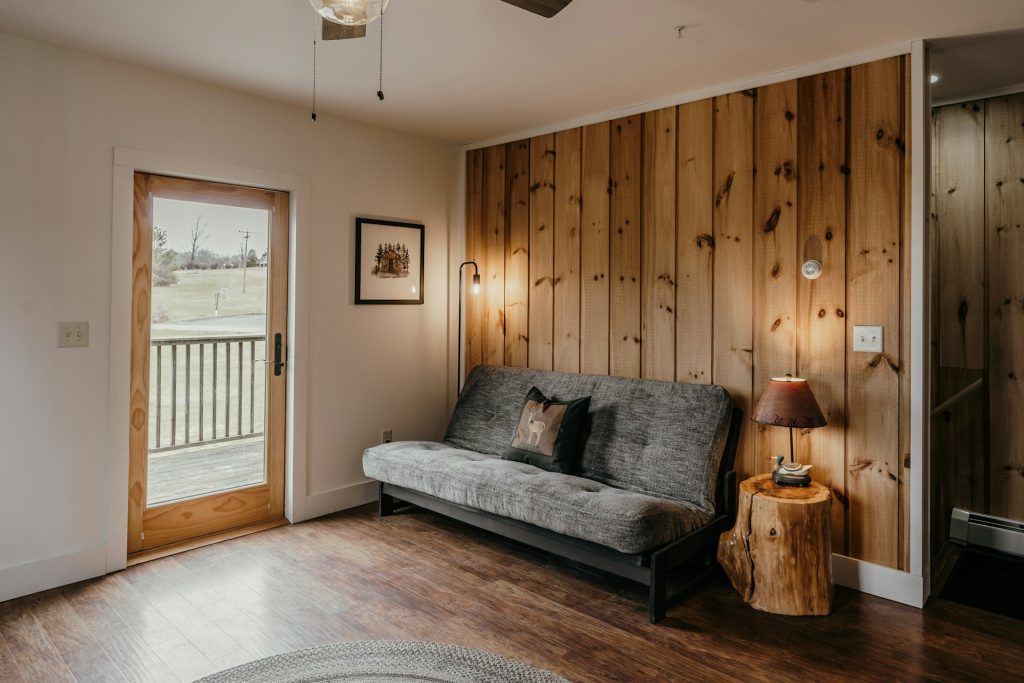Airbnb hosting has become a popular way for homeowners to earn extra income, meet travelers, and make the most of their properties. However, like any business venture, it’s not without its challenges. Beneath the polished Instagram-worthy photos and glowing guest reviews lie a series of potential pitfalls that can turn hosting into a source of stress.
As an experienced traveler and occasional Airbnb host, I’ve seen both sides of the equation. This article explores the common downsides of Airbnb hosting and, more importantly, how to tackle them effectively.
Table of Contents
ToggleThe Realities of Airbnb Hosting
Hosting on Airbnb isn’t just about making your space available and waiting for guests to arrive. It’s a dynamic, hands-on process that involves everything from marketing and communication to property maintenance and guest management. While the financial rewards and cultural exchanges can be gratifying, hosts often encounter unexpected challenges.
Understanding these downsides is the first step toward overcoming them and making your hosting experience as rewarding as possible.
1. The Stress of Guest Expectations
One of the most common challenges for Airbnb hosts is managing guest expectations. Modern travelers are accustomed to convenience, cleanliness, and amenities that rival professional hotels. Even a small oversight, like running out of toilet paper or providing slow Wi-Fi, can lead to disappointing reviews.
How to Overcome It
Clear and honest communication is key. Your Airbnb listing should provide an accurate description of the space, its amenities, and any limitations. For example, if your property is in a remote location with limited cellular reception, make this clear upfront. This ensures guests know what to expect and reduces the likelihood of complaints.
Additionally, invest in small touches that elevate the guest experience, like fresh linens, a well-stocked kitchen, and local recommendations. It’s often the little details that make a big difference.
2. Time-Consuming Operations
Airbnb hosting is far from passive income. Between responding to inquiries, coordinating check-ins and check-outs, and cleaning after every stay, hosting can become a time-consuming endeavor. For those juggling other responsibilities, it can quickly feel overwhelming.
How to Overcome It
Automation and outsourcing are your best friends here. Use automated messaging tools to respond to common inquiries and set up self-check-in options like smart locks to reduce the need for in-person handoffs. Hiring a professional cleaning service can save hours of your time, ensuring your property is always guest-ready without added stress.
Consider blocking off dates for personal downtime to avoid burnout, especially during peak travel seasons when bookings are likely to be frequent.
3. Property Wear and Tear
Frequent turnover of guests inevitably leads to accelerated wear and tear on your property. From scratched floors to stained furniture, hosting can take a toll on your space. In extreme cases, guests may cause significant damage, leaving you with costly repairs.
How to Overcome It
First, invest in durable, easy-to-clean furnishings and materials that can withstand heavy use. Second, make use of Airbnb’s Host Guarantee, which provides coverage for damages caused by guests. However, don’t rely solely on this guarantee—consider obtaining additional insurance tailored to short-term rentals for extra peace of mind.
Establish clear house rules and enforce them to reduce the likelihood of careless behavior. For instance, banning smoking indoors or setting quiet hours can help protect your property.
Airbnb Management Melbourne service can help you grow your Airbnb. Get in touch to learn more.

4. Dealing with Difficult Guests
Most guests are polite and respectful, but occasionally, you’ll encounter individuals who push your patience to its limits. From guests who disregard house rules to those who leave behind a mess, dealing with difficult renters can be a significant downside of hosting.
How to Overcome It
The key to handling difficult guests is to remain calm, professional, and solution-focused. Address issues as they arise, and don’t hesitate to contact Airbnb’s support team if a situation escalates. Setting clear expectations through your listing and house manual can prevent many problems before they start.
Vetting guests by requiring verified profiles and reading reviews left by other hosts can also help reduce the likelihood of hosting problematic individuals.
5. Regulatory Challenges and Legal Hurdles
Short-term rentals are heavily regulated in many cities, and staying compliant can be a headache. From occupancy taxes to zoning restrictions, navigating these legal complexities can be daunting for hosts.
How to Overcome It
Before listing your property, research local laws and regulations for short-term rentals. This includes understanding licensing requirements, tax obligations, and neighborhood restrictions. It’s wise to consult with a legal professional or a property management company to ensure compliance.
Staying informed about changes in local policies is also crucial. Join local hosting communities or forums to stay updated on regulations and best practices.
Turning Challenges Into Opportunities
While the downsides of Airbnb hosting can be daunting, they’re not insurmountable. By preparing for potential pitfalls and adopting proactive strategies, you can turn challenges into opportunities for growth and success. Hosting isn’t just about providing a place to stay; it’s about creating an experience that leaves a lasting impression.
Whether you’re a new host or a seasoned veteran, the key to overcoming hosting challenges is adaptability, resilience, and a commitment to continuous improvement. With the right mindset and tools, the rewards of Airbnb hosting can far outweigh the downsides.
Learn more about Airbnb Policies to stay informed.
FAQs About Airbnb Hosting
What are the biggest downsides of Airbnb hosting?
Common downsides include managing guest expectations, time-intensive operations, property wear and tear, difficult guests, and regulatory challenges.
How can I handle demanding guests?
Set clear expectations in your listing, communicate promptly, and address issues professionally. Use Airbnb’s support team if needed.
What steps can I take to reduce property damage?
Invest in durable furnishings, enforce house rules, and consider insurance tailored to short-term rentals. Use Airbnb’s Host Guarantee for coverage.
Do I need special insurance for Airbnb hosting?
Yes, standard homeowner insurance often doesn’t cover short-term rentals. Look for insurance plans designed for Airbnb hosts.
How do I stay compliant with local Airbnb regulations?
Research local short-term rental laws, obtain necessary licenses, and consult with legal professionals to ensure compliance.
